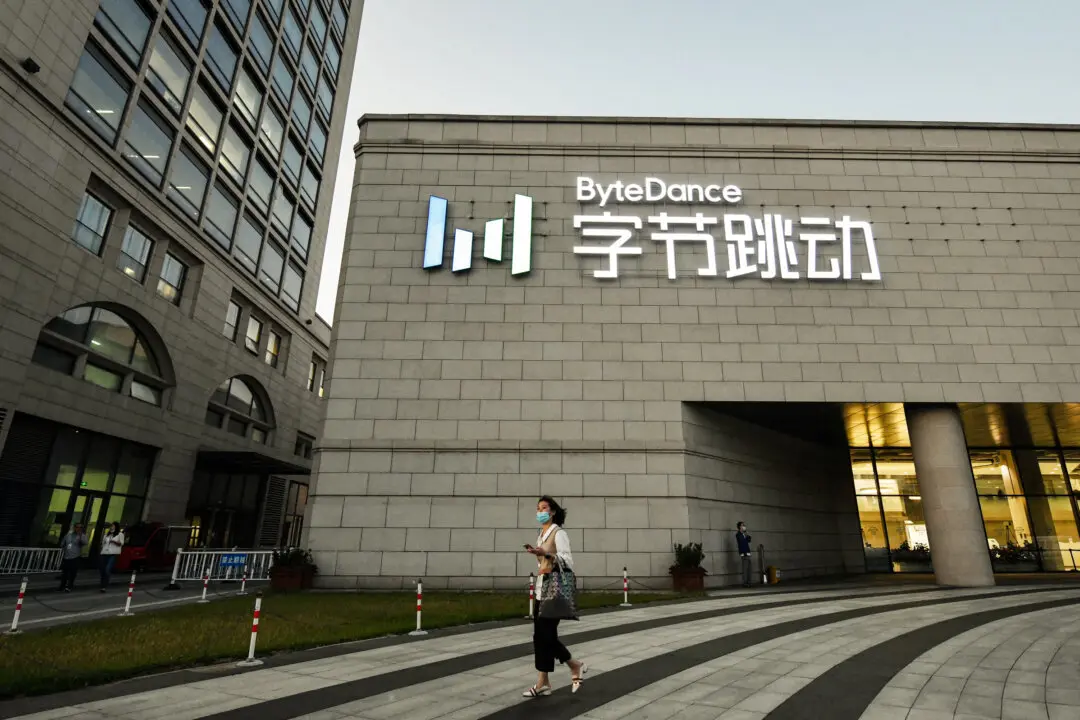The COVID-19 outbreak in China’s megacity Shanghai continues to spread in different parts of the city, causing major hospitals to suspend medical services since March 18. Major universities are also under lockdown. In one university, the virus continues to spread within. Students are panicking, criticizing the university for negligence and attracting wide attention.
Xinhua Hospital Affliated to Shanghai Jiaotong University School of Medicine, the Obstetrics and Gynecology Hospital of Fudan University, and the Fudan University Shanghai Cancer Center announced on March 17 that they would suspend medical services starting March 18 due to the rapid spread of COVID-19 in the city.




